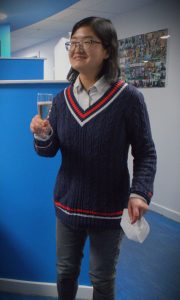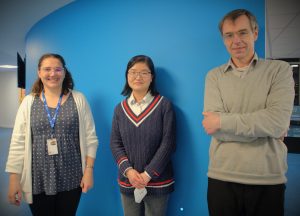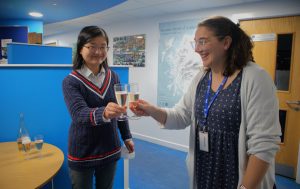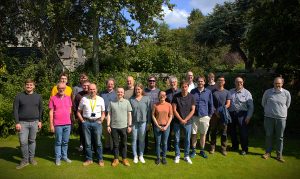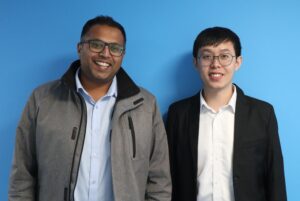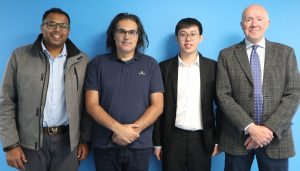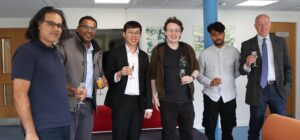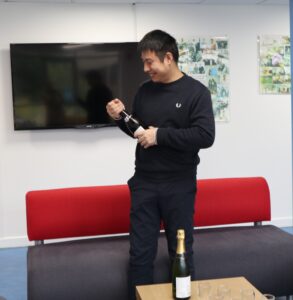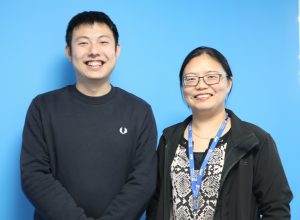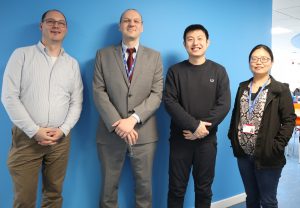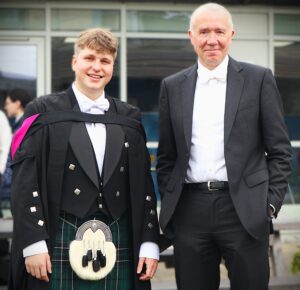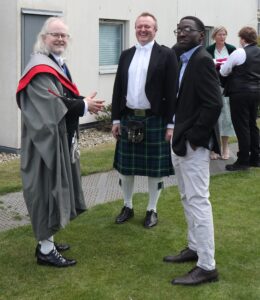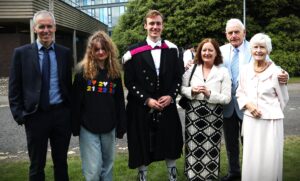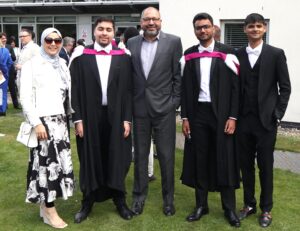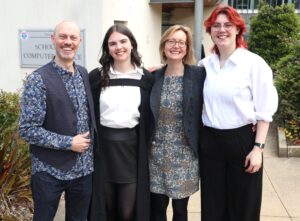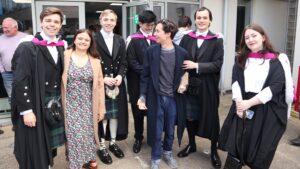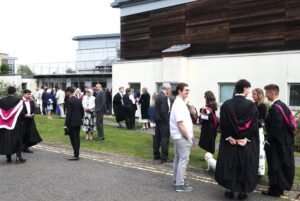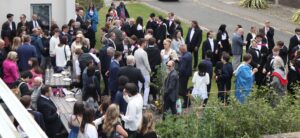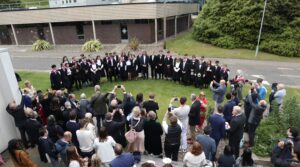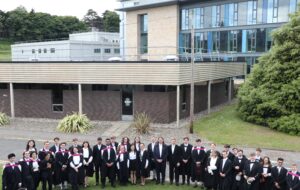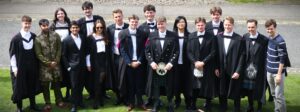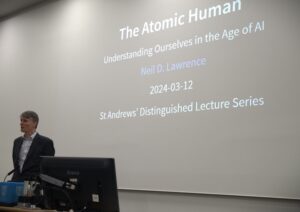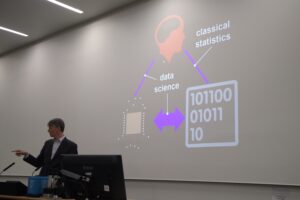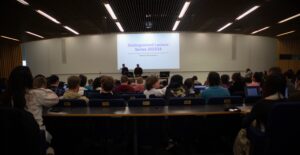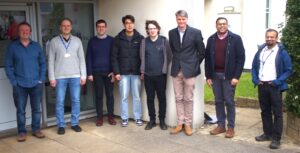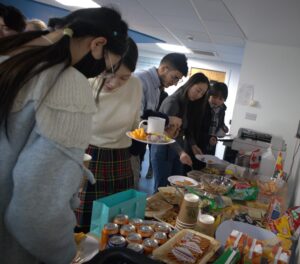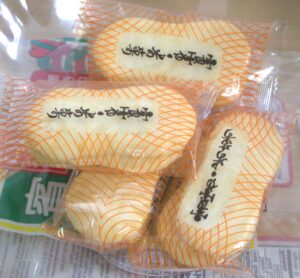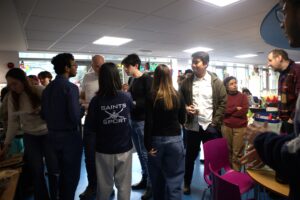Author: amb24
Fully funded PhD scholarship in Algorithms for Data Science
Lead supervisor: Dr Peter Macgregor
Application deadline: 1 March 2025
Project description:
Modern data science and machine learning applications involve datasets with millions of data points and hundreds of dimensions. For example, deep learning pipelines produce massive vector datasets representing text, image, audio and other data types. The analysis of such datasets with classical algorithms often requires significant time and/or computational resources which may not be available in many applications.
This motivates the development of a new generation of fast algorithms for data analysis, running in linear or sub-linear time and often producing an approximate result rather than an exact one. Moreover, the dataset may change over time, requiring dynamic algorithms which handle updates efficiently.
This project will tackle aspects of the design, analysis, and implementation of algorithms for processing large dynamic datasets, with the aim to develop new algorithms with state-of-the-art practical performance and/or theoretical guarantees. This could involve performing new analysis of existing algorithms, designing new algorithms with provable guarantees, or implementing heuristic algorithms with state-of-the-art empirical performance.
Possible Directions
Potential areas of research, depending on the interests of the candidate include:
- Developing improved nearest-neighbour search algorithms (e.g., based on kd-trees, HNSW, locality-sensitive hashing).
- Exploring any connection between hierarchical clustering algorithms and nearest-neighbour search algorithms.
- Creating new dynamic or hierarchical clustering algorithms (e.g. based on spectral clustering or DBSCAN).
- Creating dynamic algorithms for numerical linear algebra. For example, maintaining the PCA of a dynamically changing dataset.
- Any other project in the area of algorithmic data science and machine learning.
Applicants should have a strong interest in the mathematical analysis of algorithms, knowledge of topics in discrete mathematics and linear algebra, and some familiarity with existing algorithms for data analysis and machine learning. Strong programming skills would also be desirable.
The scholarship:
We have one fully-funded scholarship available, starting in September 2025. The scholarship covers all tuition fees irrespective of country of origin and includes a stipend valued at £19,705 per annum. More details of the scholarship can be found here: https://blogs.cs.st-andrews.ac.uk/csblog/2024/10/24/phd-studentships-available-for-2025-entry/, but please note the different application deadline.
Eligibility criteria:
We are looking for highly motivated research students keen to be part of a diverse and supportive research community. Applicants must hold a good Bachelor’s or Master’s degree in Computer Science, or a related area appropriate for the topic of this PhD.
International applications are welcome. We especially encourage female applicants and underrepresented minorities to apply. The School of Computer Science was awarded the Athena SWAN Silver award for its sustained progression in advancing equality and representation, and we welcome applications from those suitably qualified from all genders, all races, ethnicities and nationalities, LGBT+, all or no religion, all social class backgrounds, and all family structures to apply for our postgraduate research programmes.
To apply:
Interested applicants can contact Peter Macgregor with an outline proposal.
Full instructions for the formal application process
The deadline for applications is 1 March 2025.
PhD Viva Success: Yingxue Fu
On behalf of the school, we would like to congratulate Yingxue Fu supervised by Mark-Jan Nederhoff, who has passed their PhD viva with minor corrections.
Thanks to Dr Alice Tonilo who was internal examiner and Professor Amir Zeldes from Georgetown University as external examiner.
Many congratulations to Yingxue!
GAP Days Summer 2024 @ St Andrews
The School of Computer Science hosted this years Summer GAP Days between 26th August and 30th August.
GAP Days are workshops where developers and users with programming experience are invited to influence the future development of [GAP] by initiating and contributing to discussions and coding sprints.
These GAP Days have been special as we celebrated 10 years of the [Digraphs] package as well as 10 years of [GAP Days] (to the week!).
We had a great selection of speakers and attendees from varied backgrounds, which cumulated in the release of the re-vamped GAP webpage, and over 30 new versions of packages!
PhD Viva Success: Di Wu
PhD Viva Success: Yuheng Wang
Graduation 2024
CS Graduation Reception
On behalf of the school, we would like to invite our Graduating Students and your guests to our upcoming graduation reception.
Please join us in celebrating your achievements and marking this significant milestone in your academic journey with a glass of bubbly and some cakes from Fisher and Donaldsons
-
- Date: Wednesday, 12th June
- Time: 10:30 AM – 12:30 PM
- Location: Jack Cole Coffee area
We look forward to seeing you there.
Best Wishes,
The Admin Team
Distinguished Lecture series 2024
This years Distinguished Lecture series was delivered yesterday ( Tuesday 12th March) by Professor Neil Lawrence, University of Cambridge
In his talk on, ‘The Atomic Human Understanding Ourselves in the Age of AI’ he gave an overview of where we are now with machine learning solutions, and what challenges we face both in the near and far future. These include the practical application of existing algorithms in the face of the need to explain decision-making, mechanisms for improving the quality and availability of data and dealing with large unstructured datasets.




